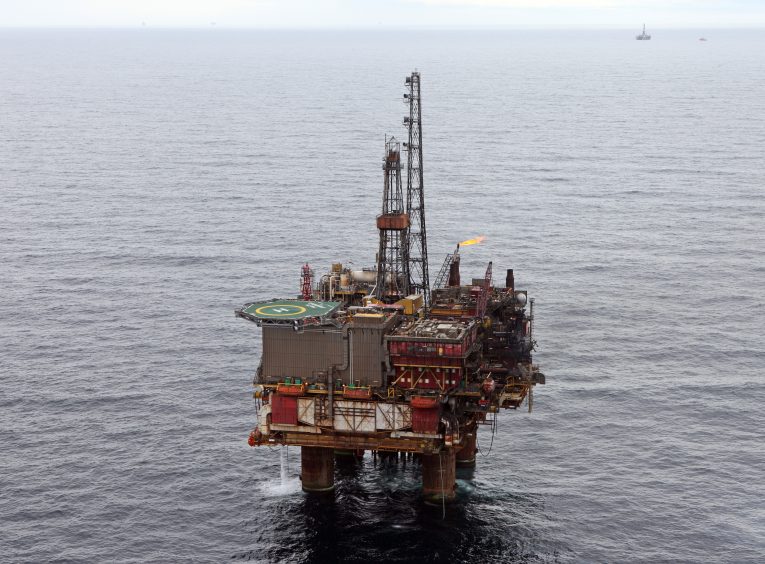
A series of HSE inspections have uncovered safety failings in emergency preparedness across several North Sea platforms.
The issues, on Ithaca Energy, TAQA and Apache installations, highlight cases of lifeboat capacities or harnesses not being large enough, and operators not being prepared in their emergency evacuation procedures.
It comes as an estimated 36% of the offshore population is now too large for current lifeboat loading standards, and as inspectors embark on Q4 inspections seeking action.
The letters were acquired from HSE via a Freedom of Information request from Energy Voice.
FPF-1 – Ithaca Energy – ‘sub-standard harnesses’
During an inspection this year, the HSE found harnesses in all three lifeboats on board the Ithaca Energy (LON: ITH) FPF-1 installation were “of insufficient size to fit all persons on the installation”.
Inspectors said this would prevent workers from securing themselves inside which “could lead to serious personal injury” if the lifeboat had to overturn in an emergency or self-right in rough seas.
Ithaca has been ordered to replace the “sub-standard harnesses”.
The January inspection also found that the crew onboard were “not prepared for an emergency evacuation”, and drills onboard had not involved workers loading themselves into lifeboats and being secured inside.
Procedures Ithaca did have in place were found to be “unsatisfactory and did not provide realistic training to the crew or coxswains”.
HSE ordered Ithaca to carry out drills with the biggest / heaviest persons onboard and send a report with actions taken.
Alba FSU – Ithaca Energy – ‘no managerial oversight’
Inspectors also flagged issues on the Ithaca Energy Alba Floating Storage Unit (FSU), including the Offshore Installation Manager (OIM) having not had emergency refresher training in nine years.
The letter, sent to Ithaca in February, highlighted that the installation had not been completing drills and training exercises as required for emergency response.
HSE also noted “there is no managerial oversight onshore” to ensure these were held.
An Ithaca Energy spokesperson said: “Protecting the safety of our offshore workforce is a priority for Ithaca Energy.
“We work closely with OEUK looking at the complex issue of size and shape of offshore workers.
“The issues raised by the HSE regarding lifeboats and drills were all addressed earlier this year.”
Forties Echo – Apache – lifeboats ‘routinely overloaded’
Inspectors found in June that lifeboats on the Apache (NASDAQ: APA) Forties Echo had been “routinely” overloaded by 123kg.
The Totally Enclosed Motor Propelled Survival Craft (TEMPSC) had a load limit of 7885kg, but the installation and service providers were loading to 8008kg.
HSE also warned that “a proportion of crew members” were greater than 100kg – the max limit per person for “SOLAS” standards, which cover the majority of UK offshore lifeboats.
This could “overload the structure of the lifeboat and seatbelts”, said the watchdog, and the larger occupants may exceed the space provided by seat designs.
That means the seats may not be usable for neighbouring passengers, especially if immersion suits and/ or lifejackets are worn.
Among the inspector’s other findings were training issues – including that the Coxswain hadn’t completed a lifeboat evacuation drill in the three years he’d held the role.
The regulator ordered several actions, including confirmation from the lifeboat manufacturer that the seats and restraints are suitable for purpose.
A spokesperson for the operator said: “Apache North Sea can confirm that we operate our lifeboats in compliance with the appropriate design and safe working limits.
“We are committed to ensuring our preparedness in an emergency and all identified emergency response roles are trained per regulatory and industry standards.
“We are currently engaging with the HSE to provide clarification on both items following their letter issued on 28 August 2023 regarding Forties Echo.”
TAQA – Cormorant Alpha – training questions for 250 new-starts
HSE said it was not clear who, of 250 new-starts on the TAQA (ADX: TAQA) Cormorant Alpha over the prior 12 months, had received lifeboat and donut device training.
The inspection, in October 2022, found that such training was only carried out “over a three month period” despite regulations requiring ever person onboard to be trained.
Loading trials had not been completed to see whether a full complement of workers could fit inside lifeboats, and inspectors said workers were unsure of the PPE to be worn inside the boats.
Among the findings, the watchdog said loading of a stretcher into the lifeboats had not been practiced, nor the implication of securing one inside with the potential loss of seating.
A TAQA spokesperson said: “The safety and wellbeing of everyone working for and on behalf of TAQA UK is our highest priority and all actions have been satisfactorily closed out with the HSE.”
Another inspection, in November 2022, also raised lifeboat safety issues on the TAQA North Cormorant asset.
North Sea safety – part of wider societal issue?
Questions have been raised whether the issue around worker sizes is part of a wider societal issue.
However North Sea operators are legally obliged to ensure all persons on board, as far as reasonably practicable, can escape in an emergency.
Read more here.

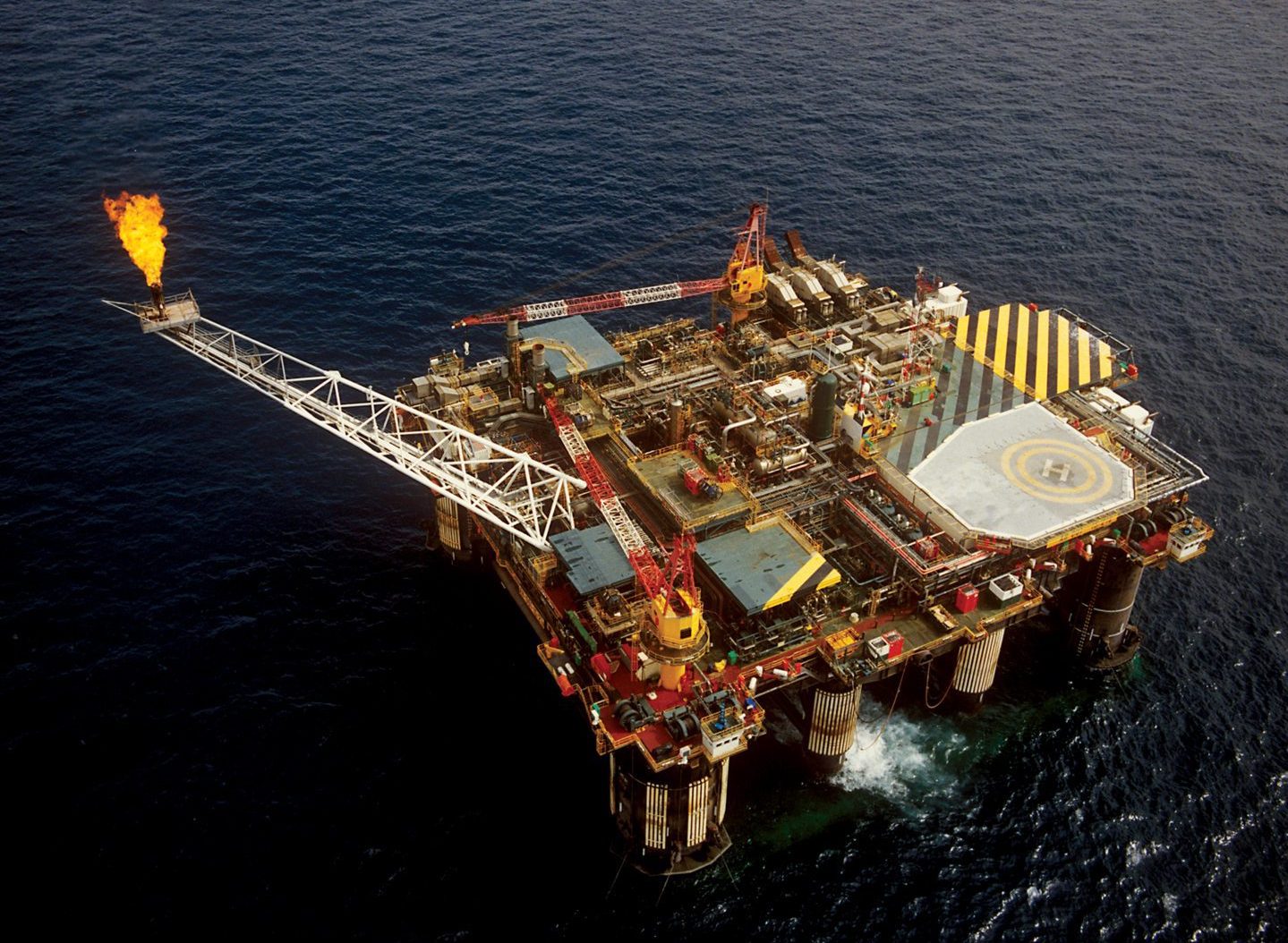 © Supplied by Petrofac
© Supplied by Petrofac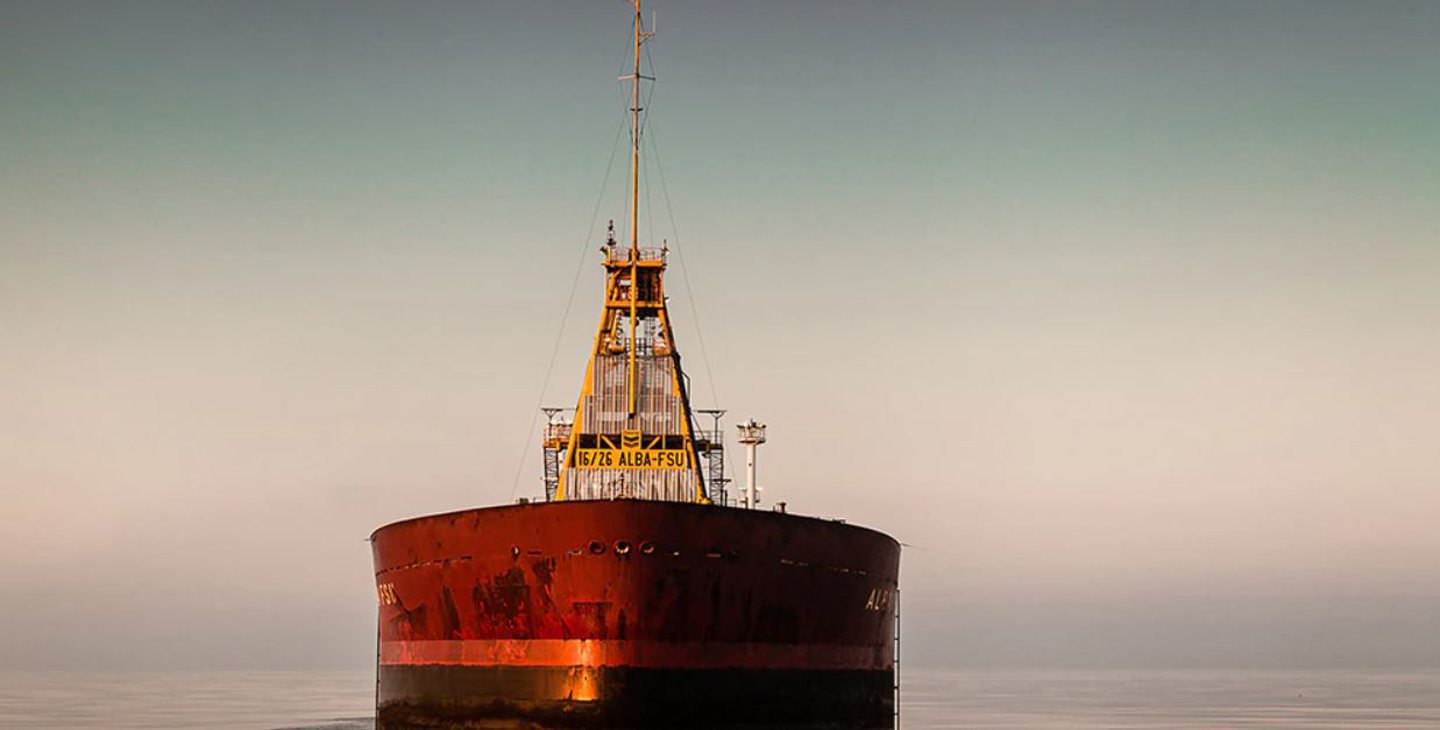 © Supplied by Ithaca Energy
© Supplied by Ithaca Energy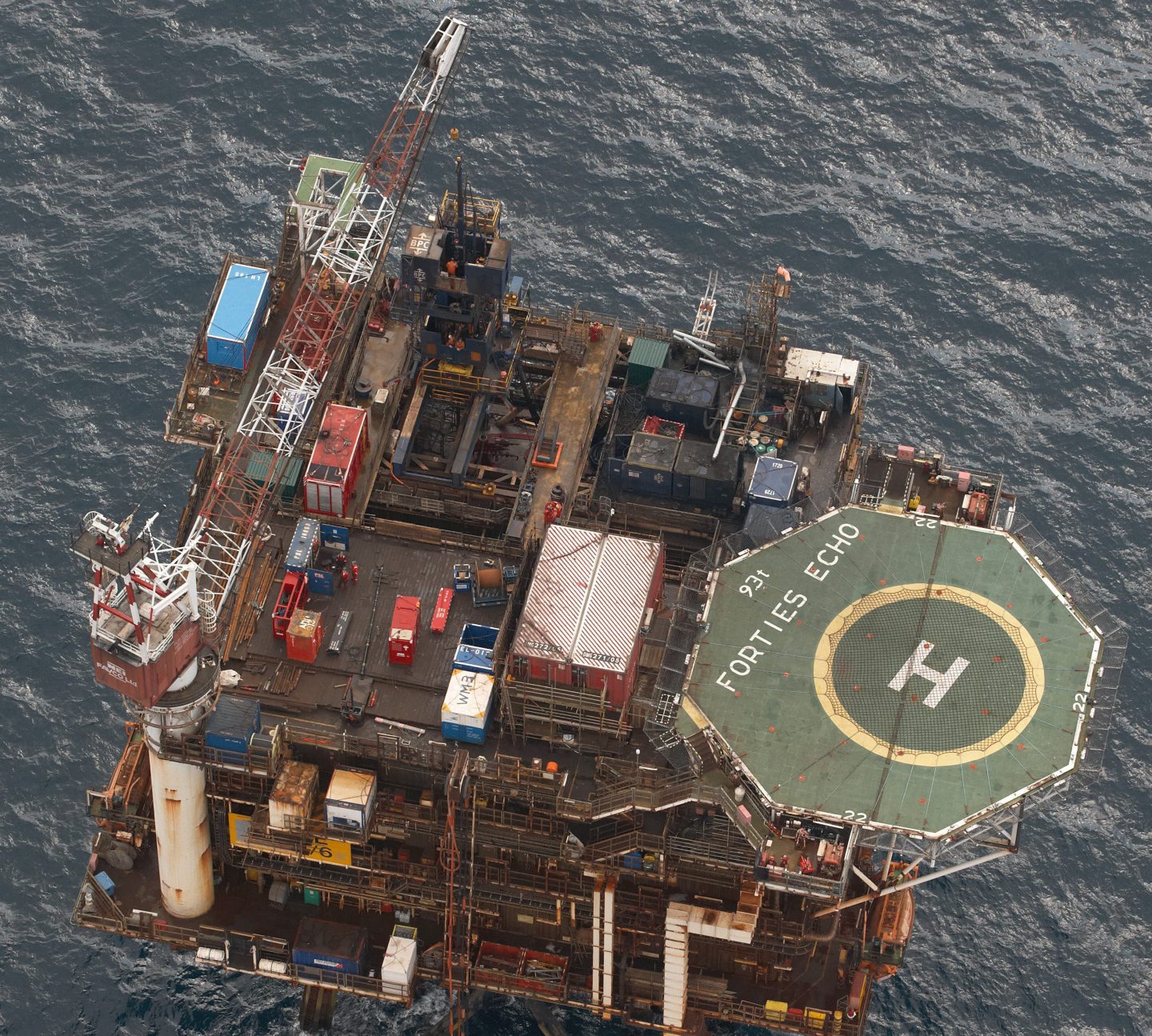 © Supplied by DCT Media
© Supplied by DCT Media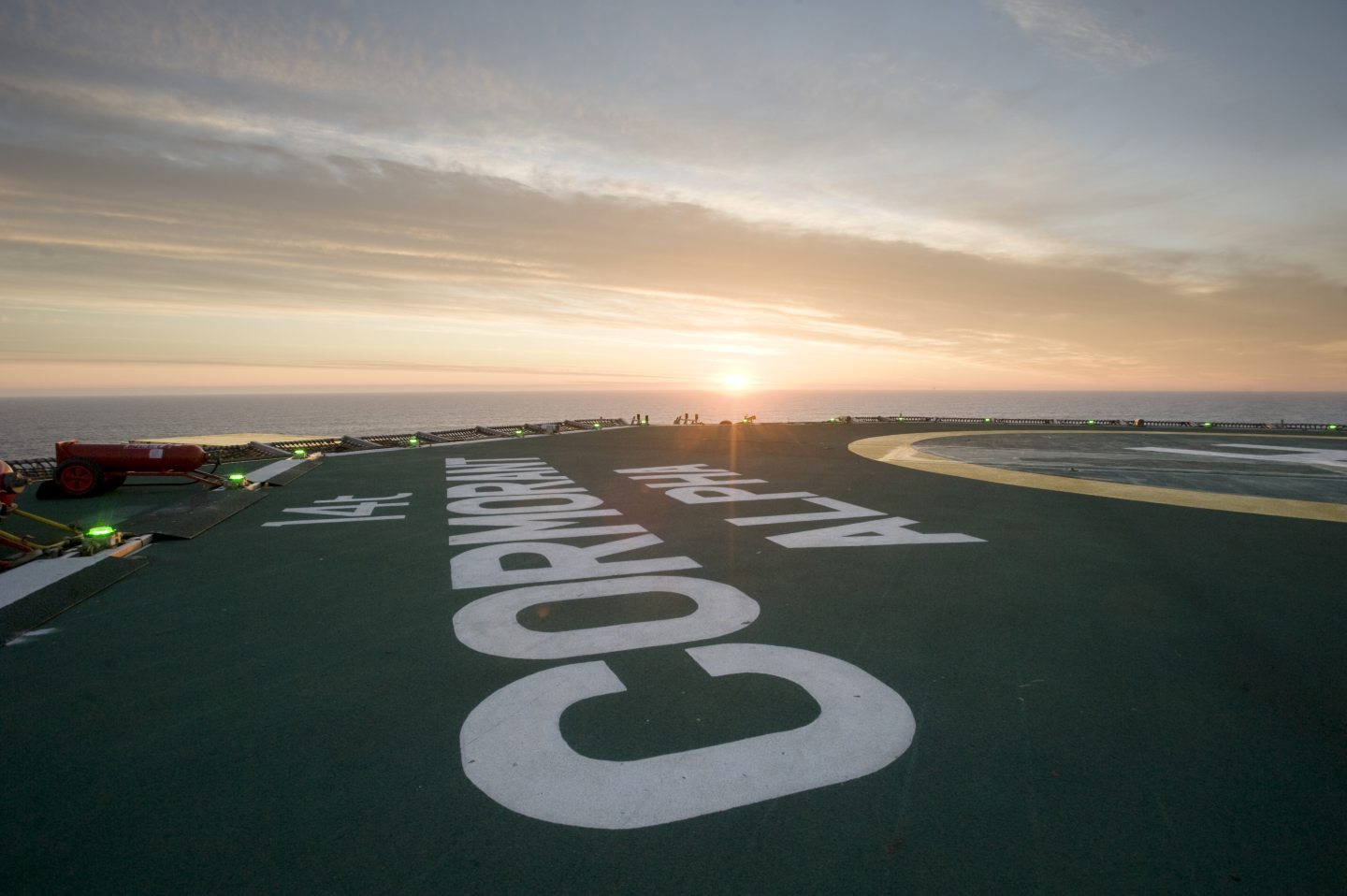 © TAQA
© TAQA